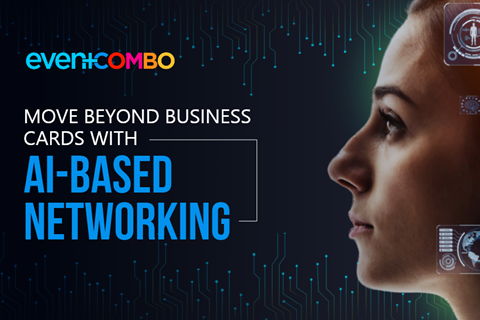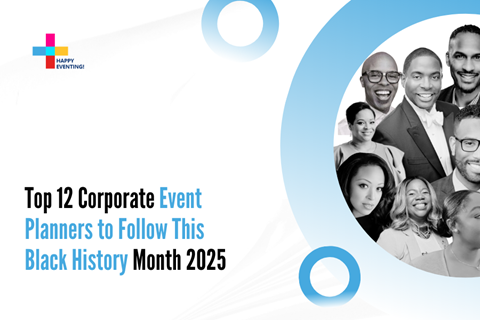

QR codes, also known as Quick Response Codes, rapidly gained popularity in the event industry years ago and are being utilized for multiple purposes including event promotions. As an event planner one can utilize QR codes for several activities by adding them to tickets, banners, posters, and agendas. They can be used strategically for providing event-related information, increasing ticket sales, speeding up the registration, and easing the check-in processes. By including a QR code in event marketing materials, getting information about an event can be made super easy for potential participants.
What is a QR code?
Let us understand in simpler terms what a QR code actually is. A simple yet very useful technology, a QR code is very similar to a bar code that we come across in places like supermarkets. Bar codes can be scanned in a linear pattern only whereas QR codes can be scanned in 2D. Also, QR codes have more storage capacity than barcodes. A QR code consists of a series of black squares and dots, that represent various pieces of information in it. When it is scanned, this unique pattern gets translated into human-readable information and this conversion takes just a few seconds.
Here are some tips and best practices for utilizing QR codes.
1. Putting the QR code in the right place
To effectively utilize a QR code, event planners should know where to place them. A QR code should be placed in such a manner that it is easily accessible to everyone and can be scanned through a smartphone camera or device. An ideal location for a QR code is where there are no obstructions, in an open area, like a table or stall.
Social media platforms like Facebook, and Instagram can also be used to place QR codes. This increases the chances of getting noticed and is a great way to market events.
2. Defining the purpose of a QR code
If a QR code is being used at an event, event organizers should be clear about its utility. Is it to provide event details, coupons, registration links, or speaker information? Following are some common applications.
3. Instructions on using the QR code
It is always good to include instructions below the QR code since even if a person knows how to use a QR code they might still not know what next to do after scanning. Therefore, it's always wise to mention instructions at the bottom of the QR code, so that people would know how to use it.
4. Personalizing QR codes for an event
QR codes should be designed in the simplest way and one should take care to not make them overly complicated. Event attendees should be able to simply scan the QR code through their phones and get the information they need. Care should be taken not to include tons of unnecessary information which might be of little or no use to them.
The creation of a QR code is pretty simple. In order to enhance the design one can add some colors, an image behind the code, or add a logo to make it more appealing. When QR codes are personalized in this manner they attract a user’s attention.
5. Tools to generate a QR code - free and paid
If the requirements are pretty basic, or it’s the first time any event planner is generating a code and doesn’t need any advanced features, a free generator is advisable. If an event organizer wants to utilize additional benefits like tracking hits or incorporating some custom branding services, one should opt for premium services. By using the custom branding option one can market their event in amazing ways.
Overall, QR codes have made events more convenient and accessible for everyone. Codes that provide analytics and reporting can also be used for targeted marketing like flashing special offers or displaying sponsor products and services. Regardless of whether your event is physical, virtual, hybrid, QR codes can be used for various activities, helping an event reach its full potential.

Networking is one of the most valuable ways to discover boundless opportunities and for 77.7% of business professionals , in-person conferences open a greater scope to make rewarding connections.

When planning a healthcare fair, the goal goes beyond booking a venue and sending out invites. You’re creating an event that brings together healthcare professionals, researchers, and exhibitors, all seeking value and...

Diversity and inclusion are at the heart of the events industry, where planners are focused on creating experiences that bring together people from all walks of life.